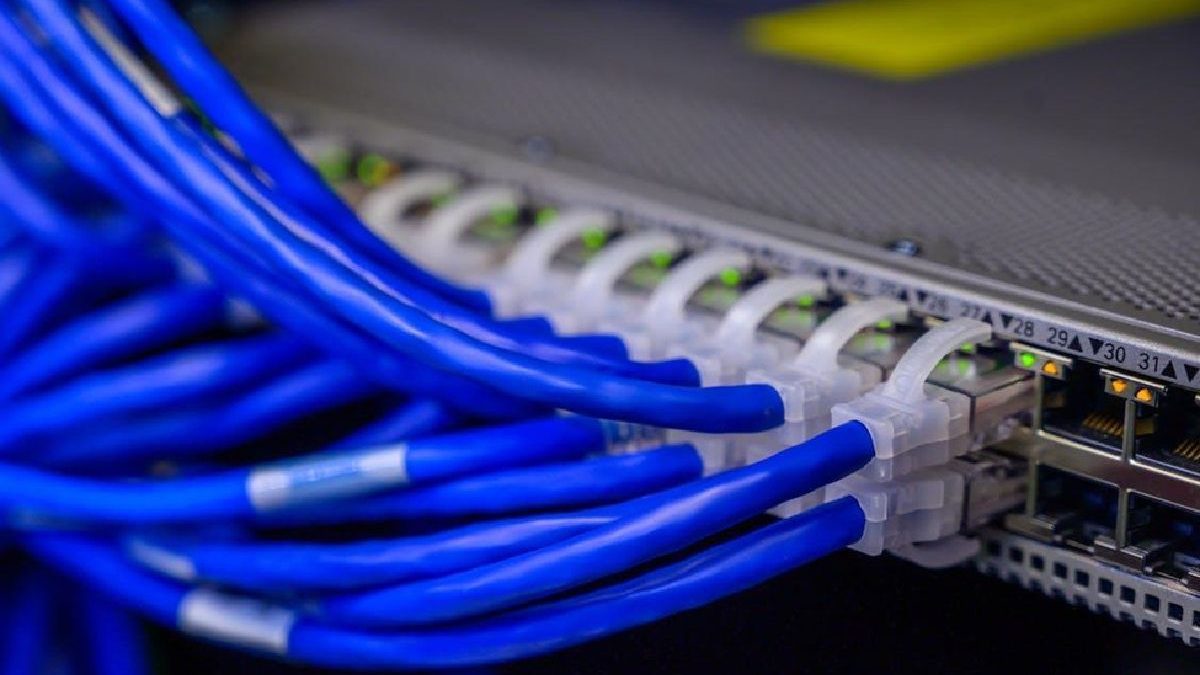You’ve probably encountered geo-restrictions if you’ve tried watching a movie or a TV show on specific streaming platforms. They can be incredibly frustrating and don’t exist only on streaming platforms. Web scrapers often have to deal with these pesky restrictions, too.
Fortunately, they’re not impossible to go around, and you can do so with the help of proxies. They’re an excellent way to bypass geo-restrictions, access geo-blocked data, and enhance your digital privacy and safety while browsing the internet.
Read below to learn more about web scraping, geo-blocking, and how to use proxies to make your life easier. We’ll also discuss what proxies are the best for this purpose and what else you can do with proxies.
Table of Contents
Basics of web scraping and geo-blocking
Web scraping means extracting extensive data sets from websites, structuring that data, and saving it in an accessible format for further analysis. Individuals and companies scrape data for various purposes and use it to extract text, images, and other files to gather information.
On the other hand, geo-blocking involves various measures websites use to restrict access to certain content in particular areas or locations. You’ve probably encountered a form of geo-blocking at least once if you’ve tried to stream a specific movie only to see a message that it isn’t available in your region.
How proxies can help
As you might already know, proxies act as intermediaries between the client making the request and the server the client is trying to access. They mask the client’s IP address, only allowing the server to see the proxy’s IP.
How are these proxies effective against geo-blocking?
For example, if you want to access US-based content, you can use a US proxy. By hiding your IP address, the proxy ensures the website only has access to the proxy’s IP, which can be anywhere in the world. Therefore, if you use a US proxy, no matter where you are, the website you’re accessing will see an IP address from the US.
However, you can only access that content if the website isn’t blocking the country of the proxy, too, and that’s why choosing a quality proxy server is essential.
Best proxy types for bypassing geo-blocking
Many proxy types exist, each with its advantages and disadvantages. However, some proxy types are superior to others when bypassing geo-blocking. Below is a list of recommended proxy types for easier access to geo-locked content.
- Residential proxies – These proxies use the IP addresses of actual physical devices, such as laptops, desktops, phones, routers, etc. They’re highly reliable and difficult to detect, as you’ll appear like a legitimate user on the website. It makes them some of the best options for bypassing geo-blocking.
- Data center proxies – They use IP addresses from data centers, making them incredibly fast and cheap. The downside is that they’re much easier to detect than residential proxies. However, if you need many IPs at a low price, they’re an excellent choice.
- Rotating proxies – They rotate IP addresses automatically, making them slower, but they give users high online anonymity and reliability. It’s why servers have difficulty detecting and blocking them.
For example, if you need access to content in a particular country, such as the US, you should use a US proxy, regardless of its type. Using it makes you appear as a legitimate US user on the website, efficiently bypassing geo-blocking.
Why use proxies for scraping
Web scrapers often use proxies, as scraping involves sending multiple requests to a server, which can lead to getting a block. However, staying anonymous and preventing IP blocks are not the only advantages proxies can give you while scraping. Here’s how they can help you:
- Price comparisons – E-commerce businesses around the world use proxies while scraping. They use them to compare prices and adjust their strategies accordingly. It allows them to monitor prices across several different markets.
- Copyright protection – Businesses use web scraping to ensure copyright protection worldwide. They use scraping to monitor any possible copyright infringements and protect their intellectual property on multiple markets and websites.
- SEO monitoring – Anyone who owns a website should use proxies for SEO monitoring. They can help monitor search engine rankings and gather valuable data such as keywords, search trends, and other metrics. Website owners can then optimize content to appear first on SERPs (Search Engine Results Pages).
Most of these proxy use cases also require users to bypass geo-blocking. However, with a quality proxy service, geo-restrictions are not an obstacle, and you can easily access geo-blocked data while web scraping. If you’re looking for provider recommendations, Oxylabs has over 11 milion proxies in the US – go to the website to learn more.
Conclusion
Web scraping is a valuable method for extracting data. However, websites often put geo-restrictive measures, preventing users from particular countries from accessing their content.
Fortunately, web scrapers can use proxies to bypass these measures and access geo-blocked content worldwide. Moreover, they give scrapers benefits such as anonymity and security. They allow users to compare prices, monitor search engine rankings, and ensure copyright protection worldwide.


